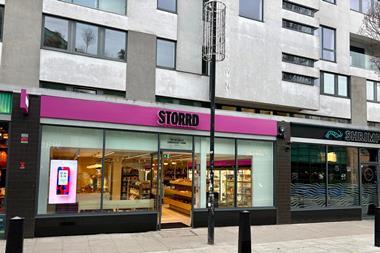‘Right to rent’ coming to UK high streets in bid to restore empty shops

From 2 December, local authorities in England will be able to hold rental auctions to let out vacant high street and town centre properties
ALREADY HAVE A REGISTERED USER ACCOUNT? PLEASE LOG IN HERE
To read the full story join the ConvenienceStore.co.uk community today!
Registration is quick and easy and provides access to:
- Unlimited ConvenienceStore.co.uk articles
- Our great range of newsletters
- Content you’ve saved for later via the ‘my library’ feature
And much more…































